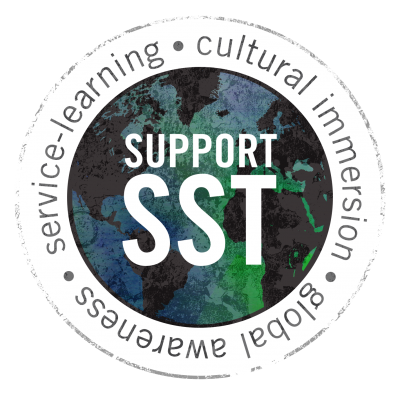Culture
History
Jamaica, named Xaymaca by the Arawak Indians of South America, means land of wood and water. This third largest island in the Caribbean is about the size of Connecticut – 150 miles long and 50 miles wide at its widest point.
The country has a rich and complex history, including being first settled by the Arawaks or gentle Taino Indians. After Christopher Columbus came upon it in 1494 on his second voyage, the Spanish occupied the land and introduced slavery. Jamaica eventually gained independence on Aug. 6, 1962, from the British after a period of colonization.
Music
One of the most famous cultural aspects of Jamaica is the music. Reggae evolved from a form of music known as dance hall and Ska. Of course, Jamaica’s pop music has become known and loved around the world, made famous by the legendary Bob Marley. Much of Jamaica’s culture and heritage revolves around its extraordinary accomplishments in the World Music arena.
Rastafarianism
Rastafarians were born out of the Back to Africa movement in Jamaica of the early 20th century. They are a religious minority who believe themselves to be the black Israelites of the Diaspora (the scattering). You may notice the long dreadlocks hairstyling among the Rastafarian men as you travel around the island. Tall, colorful cloth hats sometimes conceal the hair when it is piled on top of the head.





